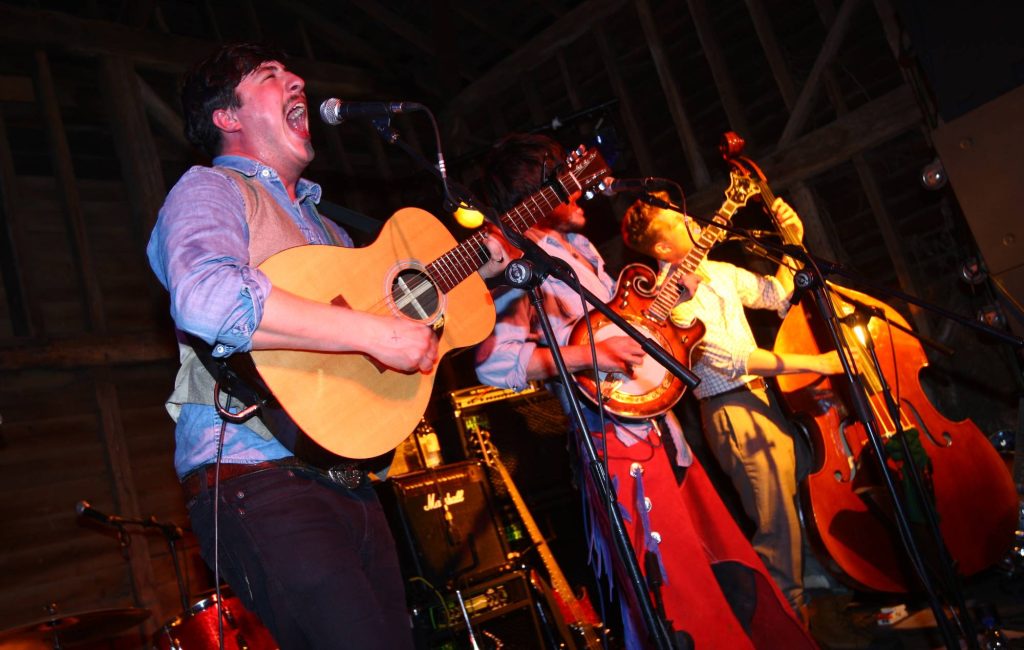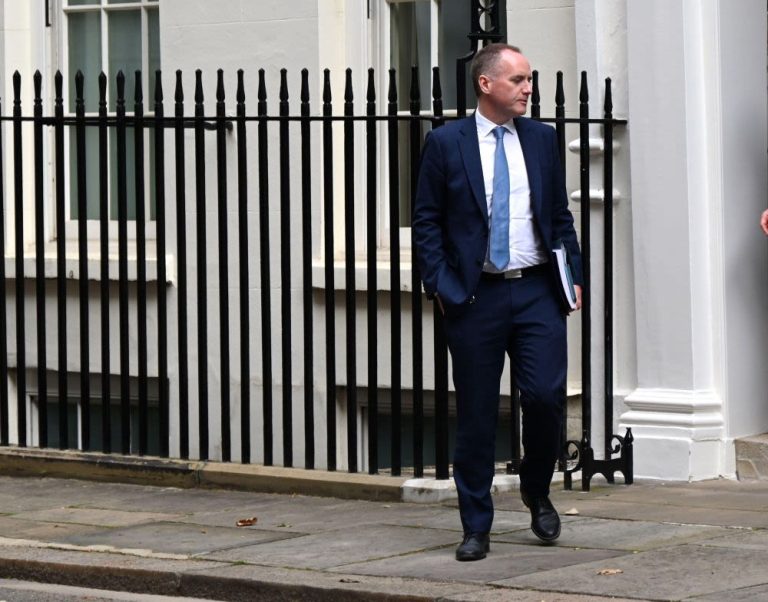
Country band Mumford & Sons performing and at soundcheck at Standon Calling in 2009 (Photo by Andy Willsher/Redferns/Getty Images)
Standon Calling makes a comeback in 2026—minus camping and all-night raves
After a two-year hiatus prompted by soaring organisational costs, Standon Calling Festival is set to return in 2026—but with a very different format. The popular Hertfordshire event, which ran annually from 2006 until 2022, will return as a day-and-evening festival without on-site camping or late-night rave tents. The decision follows extensive discussions between festival founder Alex Trenchard and local councils, aiming to balance community concerns with Standon’s vibrant spirit.
Why 2026—and why no camping?
Standon Calling’s organisers announced that rising overheads forced the 2023 edition to be postponed. In 2024, the festival sat out another year as cost pressures persisted. Now, with a council licence approved for 2026, Trenchard and his team will pilot a two-weekend format—eight days of music and entertainment spread across consecutive weekends between May 1 and September 30.
Key operational changes include:
- No on-site camping—to reduce infrastructure demands, security costs and environmental impact.
- Strict curfew at midnight—all guests must leave the site by 12:00 AM to minimise noise disturbances for neighbours.
- Capacity limit of 20,000 people (including staff and performers) to ensure safety and manageable crowds.
- Glamping upgrade—approximately 500 luxury camping pods will be available separately, with exclusive bar areas open until 2:00 AM.
A new model for small festivals
The shift away from traditional camping and dawn raves reflects broader challenges facing independent UK festivals. A 2024 report from the Association of Independent Festivals revealed that 72 British festivals were cancelled or postponed that year, often due to rising costs and regulatory hurdles. Standon Calling’s model offers a blueprint for survival:
- Reduced overheads—no tent infrastructure, fewer overnight staff and simplified waste management.
- Neighbourly relations—earlier curfews help maintain good community ties and reduce noise complaints.
- Premium experiences—glamping and late-night lounge areas add value for fans willing to pay more.
- Transport links—dedicated shuttle buses will ferry attendees to nearby train stations, eliminating the need for on-site parking lots.
Glamping and after-dark lounges
While general admission will be day-ticket only, Standon Calling 2026 will host a limited number of glamping pods within a secured perimeter. These guests will enjoy:
- Exclusive lounge access—a dedicated bar and chill-out zone with low-level music until 2:00 AM.
- Comfort and convenience—heated pods, private bathrooms and priority festival entry.
- Enhanced amenities—personal charging stations, concierge desk and early-morning breakfast options.
This premium tier aims to recapture the communal spirit of camping in a sustainable and controlled environment.
Line-up speculation and ticketing
Although Standon Calling has yet to confirm headliners or exact dates, past editions have featured acts like Mumford & Sons, Mark Ronson and The Streets. Attendees can expect an eclectic mix of indie, rock, electronic and emerging talent across multiple stages. Early-bird tickets are anticipated to go on sale in the coming months, with flexible weekend packages and single-day options available.
Balancing heritage and innovation
Alex Trenchard acknowledges that these changes mark a departure from Standon Calling’s original formula. At the 2024 postponement announcement, he said: “Ploughing on in this very challenging climate could risk the future of the festival. We need time to reimagine the event and protect its legacy.” Organisers believe that a leaner, more focused festival will preserve Standon Calling’s unique charm while ensuring financial viability.
Economic and social impact
Standon Calling has long been a community focal point, generating considerable local income through accommodation, hospitality and transport services. The new format aims to retain these benefits while addressing costs:
- Boost to local businesses—day-ticket attendees still draw crowds to nearby pubs, B&Bs and shops.
- Employment opportunities—shorter but more intense staffing needs for each weekend.
- Sustainable model—reduced waste and carbon footprint by eliminating mass camping.
A fresh start for an indie favourite
Standon Calling’s return in 2026, stripped of its camping fields and all-night raves, represents a pragmatic reinvention. By offering glamping upgrades, earlier curfews and a controlled capacity, the festival’s organisers hope to secure its future and set an example for other independent events grappling with rising costs. As ticket launch details emerge, fans and local residents alike will be watching closely to see if this new approach revitalises one of the UK’s most enduring boutique festivals.





